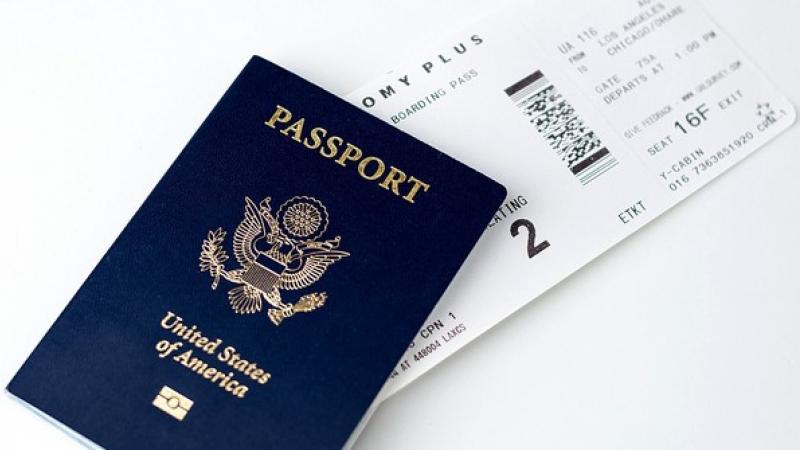Study finds 70 percent of those infected in Hong Kong by COVID-19 didn't spread virus
The researchers argue findings suggest virus can be controlled beyond 'extended lockdowns or other extreme forms of social distancing'
A study by two University of Hong Kong epidemiologists finds that the vast majority of coronavirus patients they surveyed didn't infect others and that the virus might largely be driven by what's known as "superspreaders."
Professors Dillon Adam and Benjamin Cowling said they reviewed data from Hong Kong, which has just under 1,100 cases and only four deaths.
Reviewing most of those cases, the scientists assert that "superspreading has overwhelmingly contributed to the transmission of SARS-CoV-2 in the city overall," as they write in the New York Times.
Superspreaders are such a dominant factor in the transmission of the coronavirus, they argue, that the vast majority of infected individuals don't even infect anyone else.
"Seventy percent of the people infected did not pass on the virus to anyone," they found, while also reporting that just 30% of individuals were responsible for all of the transmissions in the studied cases.
Noting that there are not yet any known factors that contribute to a patient becoming a superspreader, the scientists argue that the data can actually be seen as "reassuring," because it "suggests a way to stop SARS-CoV-2 that is both less onerous and more effective than many of the strategies that have been pursued so far."
"The epidemic’s growth can be controlled with tactics far less disruptive, socially and economically, than the extended lockdowns or other extreme forms of social distancing that much of the world has experienced over the past few months," they argue.
















